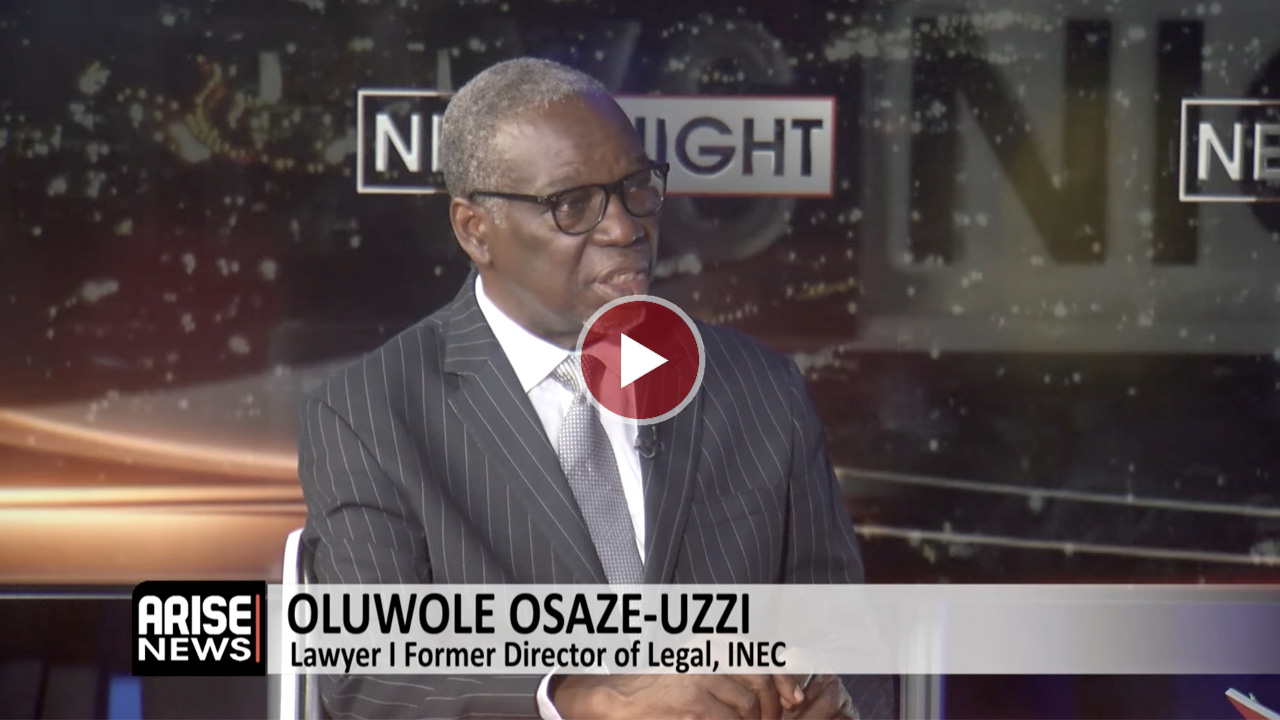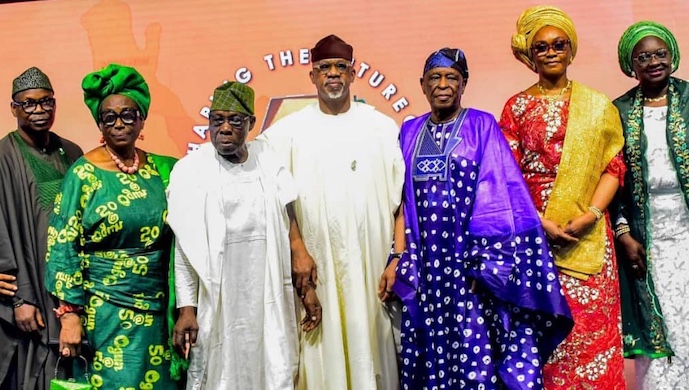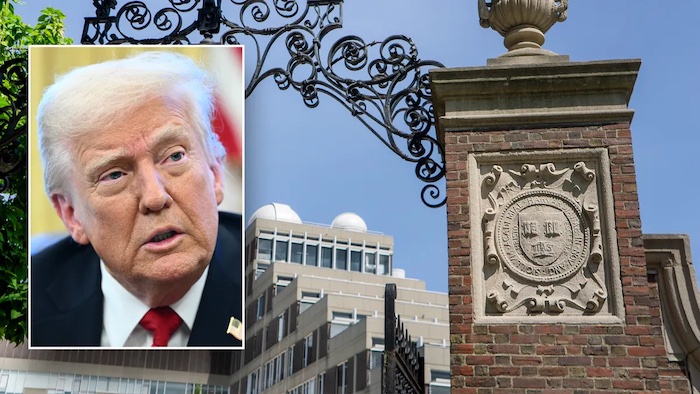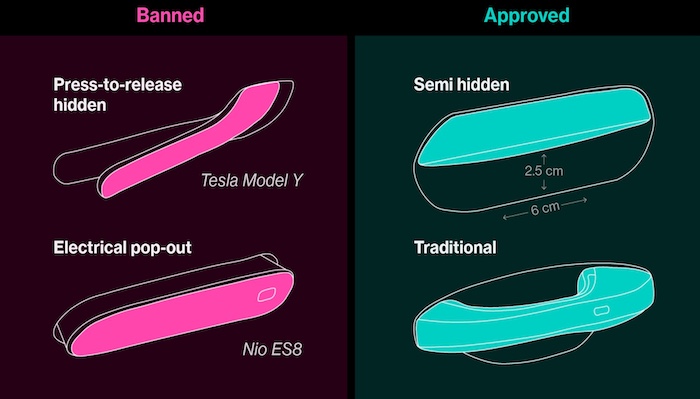

Former Director of Legal at the Independent National Electoral Commission (INEC) and ex-Attorney General of Edo State, OLUWOLE OSAZE-UZZI, has said that the electoral body must tread cautiously in responding to conflicting court orders over the Peoples Democratic Party (PDP) national convention, stressing that obeying one and disobeying the other could expose the Commission to contempt.
Speaking in an interview with ARISE News on Wednesday, Osaze-Uzzi said:“It’s a choice that no institution should have to make because obeying one court order and disobeying another puts INEC in a difficult position.
“Unfortunately, over the years, INEC has found itself in such situations — recall the Zamfara case, where conflicting judgments from state and federal high courts left the Commission in a fix. That matter eventually went to the Supreme Court, which nullified all APC victories in the state. This is not a position INEC ever wants to be in.”
He explained that the Commission had developed a policy to handle such conflicts, noting that:
“Usually, INEC takes guidance from the most recent court order — the one last made — while studying all related judgments carefully. Whether the new INEC leadership follows that principle remains to be seen, but the Commission must review both the Abuja Federal High Court order and the Oyo High Court ruling before acting.”
Osaze-Uzzi further clarified that the PDP did not initiate the litigation but was taken to court.
“It’s important to note that there is only one national chairman of the PDP. The party was taken to court and lost in one of the judgments, leading to an appeal. They filed a preliminary objection arguing that it was an internal party matter that the court should not have entertained. Unless there is a stay of execution, INEC is obliged to comply with the subsisting positive order.
“From reports, the Oyo court directed INEC to monitor the convention, and since INEC monitored earlier congresses at ward and state levels, it would be difficult for the Commission to withdraw from observing the final convention.”
He, however, warned that conflicting rulings by courts of coordinate jurisdiction create confusion and undermine the judicial process.
“It leads to a lot of confusion and uncertainty. A High Court in Oyo may claim it isn’t bound by a ruling from a Federal High Court in Abuja, even if aware of it. Each court decides based on the facts and issues before it. Sometimes, the matters may appear similar but involve different parties or grounds.”
Addressing whether the disputes were internal party affairs, Osaze-Uzzi said there was only a “narrow window” for judicial intervention in party matters.
“Ordinarily, political parties are voluntary associations, but the courts have intervened in cases involving internal party democracy. If a party breaches its own constitution or the country’s laws, the judiciary may step in. But the Supreme Court has been consistent that many of these are internal matters that should be resolved within the party, not dragged before the courts.”
On the possibility of the convention holding before an appeal is decided, the former INEC legal chief explained that outcomes depend on subsequent judicial pronouncements.
“If a superior court later finds that the convention ought not to have held, it can nullify it. It has happened before — in the cases of Rotimi Amaechi and Zamfara APC candidates. Courts can undo what has been done if it’s determined that the process violated lawful orders.”
He concluded by urging the judiciary to address the recurring problem of conflicting judgments, which he described as “an embarrassment to the legal system and a burden to institutions like INEC.”
Boluwatife Enome



